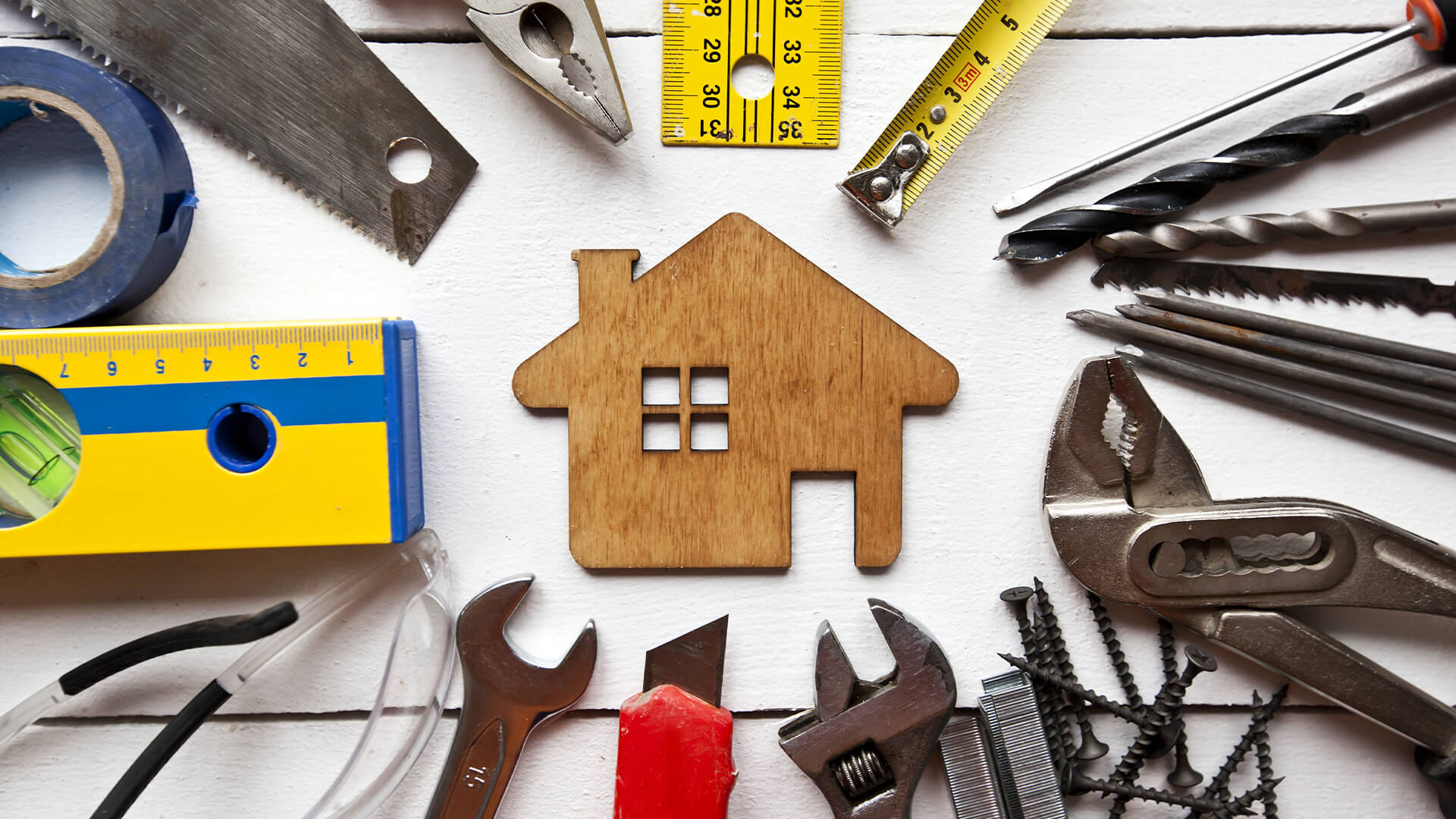Sometimes spending a little extra goes a long way. While it may sound contradictory, there are situations where the benefits outweigh the costs and save you from a major headache. So before you make your next purchase, consider if going the cheapest route is your best option.
Here are five reasons spending more can save you money.
1. Update Outdated Appliances
You’ve bought your first home and are excited to learn it comes with existing appliances. Before you jump for joy, check out their condition and age. Some may be quite outdated, making them less energy-efficient. In the long run, they could cost you thousands in electricity bills.
Additionally, some older machines are dangerous and increase the risk of accidents at home. If you do the math, buying a new stove costs much less than paying for repairs after a house fire or smoke damage.
2. Schedule Regular Maintenance
Scheduling regular home maintenance checks saves you money because you are proactive rather than reactive. For example, if you have an exterminator spray your home seasonally for termites, the money you spend saves you from the cost of termite damage.
You can complete some maintenance on your own without paying a specialist. Every spring and fall, inspect your roof for signs of missing shingles, excessive wear or general damage. Why wait until you have a leak? Spending the money to repair shingles and reseal cracked mortar saves you from future water damage and mold growth.
3. Plan an Annual Inspection
When you conduct an annual inspection, time is the primary expense. Walk around your property and check things from top to bottom. Make a note of anything that seems out of place to have a specialist take a look.
A crack in the basement could be the sign of a foundational problem, but noticing it early could save you thousands of dollars in future expenses.
4. Skip the Clearance Section
Many bargain hunters swear by the clearance section, but why are those items on sale?
Retailers mark down product prices for several reasons, but the most common include:
- The product is seasonal, and a new quarter is starting.
- The item is damaged.
- The store is not intending to restock the low supply.
- There is excess, and the store is attempting to keep inventory moving.
- The product batch has flaws, or the manufacturer has discontinued it.
- The items are nearing their expiration date or already expired.
While some of these explanations may seem insignificant, they can result in additional expenses after purchase.
For instance, if you purchase the last four boxes of tile on clearance and then discover you need more, you could be in a challenging position. It could turn out that the manufacturer doesn’t make that style or color anymore, and you would need to find a replacement or begin again. Another option might be buying directly from the supplier. In that case, you might be paying a premium for the special order with shipping — especially if the company is international.
5. Do Your Research
Conduct an online investigation before choosing a construction or repair company. While being money-savvy often means looking for the best deals, sometimes a higher price represents a more considerate and professional contractor.
The worst thing you can do is hire someone without any research, then pay them upfront. Even if a provider offers lower prices than their competitors, shoddy work will need replacing sooner, which can double or triple the original cost.
Money Matters
You work hard for your cash, so it’s natural to be hesitant when making a large purchase. Review these five ways spending more can save you money before making your next major purchase. Perhaps your construction or repair project deserves more of your time and budget than you originally predicted.

































